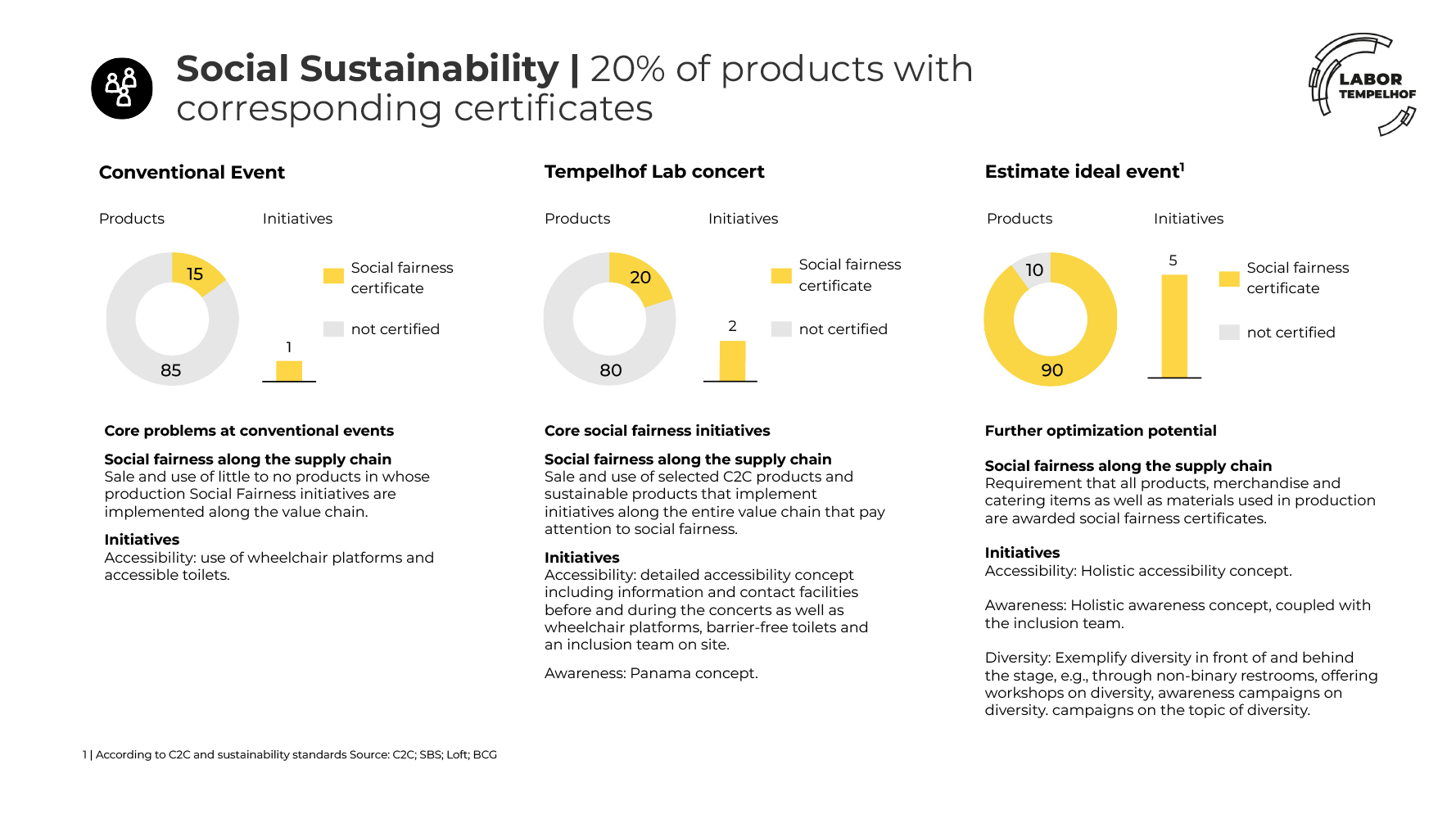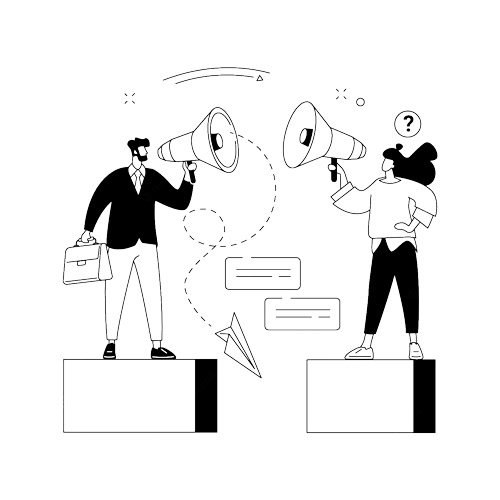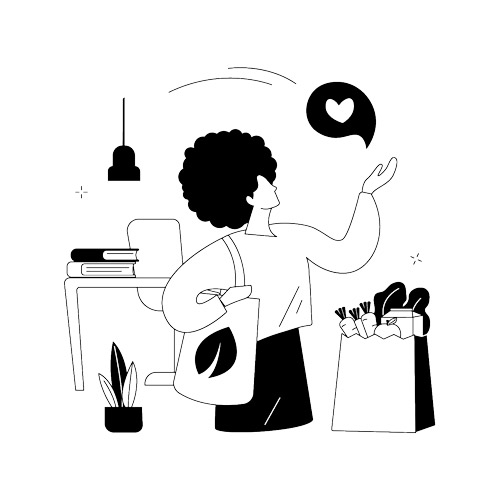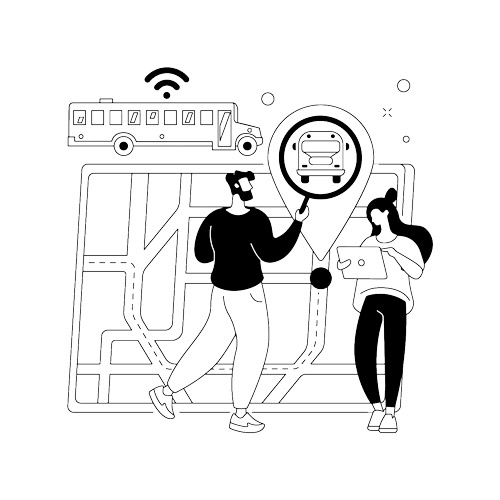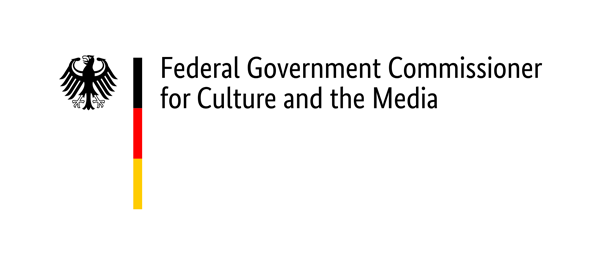Social Sustainability: Equity & Inclusion
Content
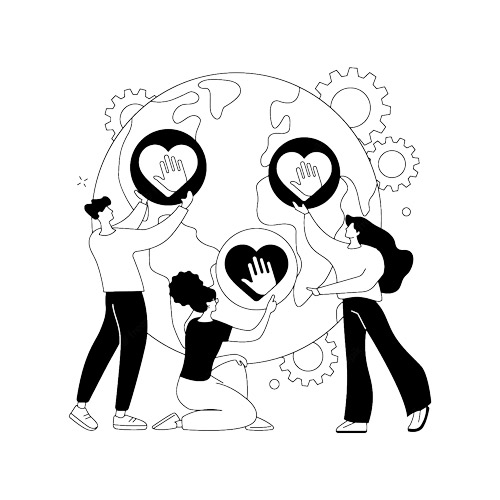
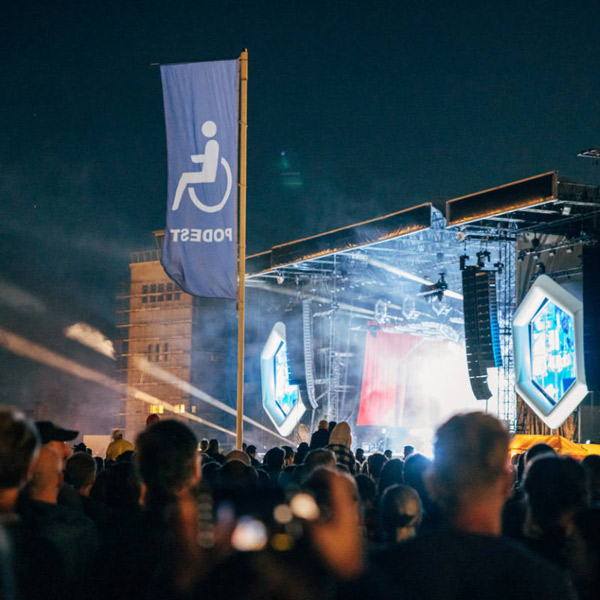
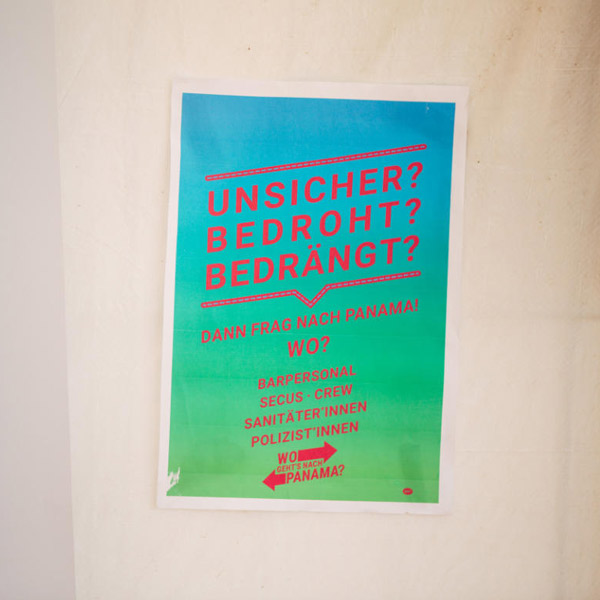

1. Overview and problem statement
Did you know…?
Worldwide more than 1.3 billion people live with a disability. This amounts to about 16% of the world’s population.37
Mental health, diversity, barrier-free accessibility and social awareness are not only generally relevant themes but are also important in event planning.
The possibilities for improvement are numerous, whether in workers rights, visibility of marginalized people on the stage, observing human rights in the supply chain, or in the social inclusion and equal participation of people with disabilities. Further equity and inclusion initiatives can include: event management that takes responsibility for the safety and comfort of all audience members and implements a corresponding festival safety and awareness concept, and further leverages the opportunity the event creates by involving regional companies and initiatives.
At the moment, there is no code of conduct or guideline for the implementation of an event that is as socially sustainable as possible; it is up to the respective event organizers themselves to decide which measures are implemented beyond the legal minimum standards.
Regardless of the size of an event, social sustainability must always be considered.

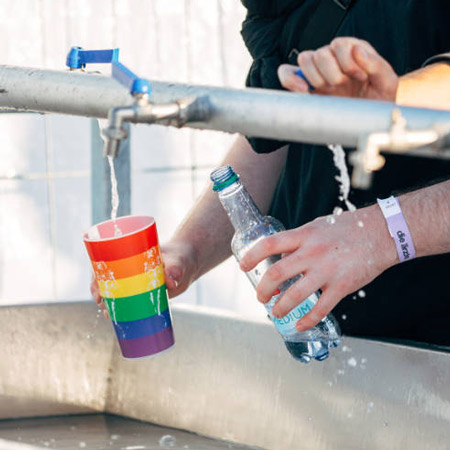

2. Our Benchmark for Tempelhof Lab
An event with a well thought-out sustainability concept always considers social sustainability:
- Create a holistic inclusion concept: Can only be developed together with people with disabilities, ideally as part of the core team.
- Publicize festival safety and awareness concept in public areas for audience and for artists, crew and production team backstage.
- Transparent information about the measures taken and in which areas barriers still need to be removed.
- Free drinking water for everyone.
- Consideration of diversity on stage and backstage.
- Of course: No room for racism, fascism, sexism, homophobia, transphobia or anti-Semitism. Communicate this openly and provide an infrastructure for dealing with possible incidents on site.
3. What worked well, what can be improved?
At Tempelhof Lab, various measures were taken for social sustainability.
Handicapped Accessibility
What worked well?
- Training for the project team from the organization Initiative Barrierefrei Feiern (“Barrier Free Celebration Initiative”, IBF) as well as ongoing discussions to consider as many aspects of accessibility as possible before and during the event.
- Prior to the event, information about the accessibility of the event was provided as well as a contact for individual assistance through a specially established e-mail address (barrierefrei@loft.de) and a detailed accessibility FAQ.
- Sufficient parking spaces for people with disabilities as well as barrier-free entrances with briefed personnel.
- Onsite point people available for assistance to people with disabilities, including up to four employees of the Initiative Barrierefrei Feiern.
- Two additional communication channels managed by IBF during the concerts: a hotline and a WhatsApp group for onsite communication.
- Barrier-free toilets, raised platforms and a certain number of grandstand seats set aside exclusively for people with disabilities.
- Low-barrier design of the websites on Labor Tempelhof and the Guidebook, including through the selection of colors and fonts, page structuring and responsiveness.
What can be improved?
- Permanently integrate people with disabilities into the core team in order to make internal processes inclusive in the long term.
- Implement even more comprehensive measures (e.g., barrier-free FAQ in Leichte Sprache).
- Better onsite signage (especially identifying barrier-free entry/exit).
- Make more service providers aware of the social sustainability initiatives and the issue of accessibility in advance. For example, through training or workshops, especially for security staff.
Anti-discrimination, safety and awareness
What worked well?
- UImplementation of the festival safety and awareness concept “Wo geht’s nach Panama?” (“Which way to Panama?”) 38 as an onsite contact point for visitors who experience assaultive behavior, harassment or other inappropriate behavior.
- Comprehensive verbal and written briefing of all contractors and involvement of catering, security staff and production.
- Information about the safety and awareness concept posted for the public throughout the venue.
What can be improved?
- A diverse lineup of acts. Unfortunately, none of the requested FLINTA* bands were available for Tempelhof Lab.
- Better identify the point people implementing Safety and Awareness onsite.
- Ensure networking between the Safety/Awareness and Disability Inclusion teams.
Others
What worked well?
- Free drinking water at six stations for the public and production.
- NGOs (participating as part of the tour) onsite: Viva Con Agua, Oxfam, Mission Lifeline, Sea Watch, Kein Bock auf Nazis.
- Guest list contribution to two different NGOs.
- Adherence to legal standards for work hours and breaks, including work with an industrial safety representative.

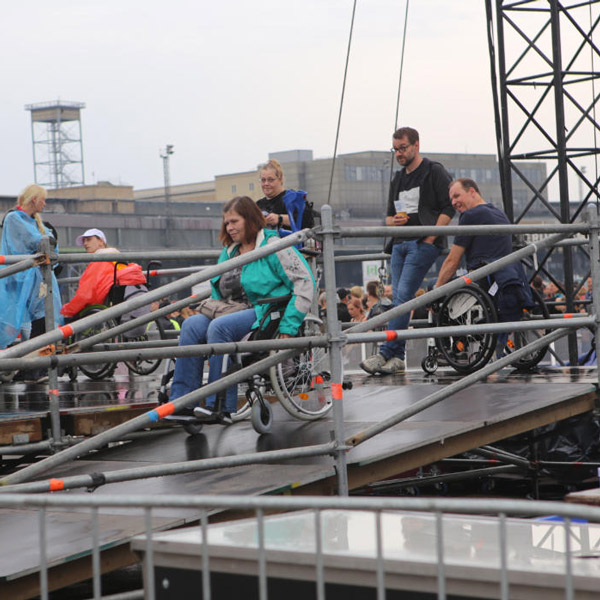

4. Findings and Recommendations
- For disability access, there were more than 1,000 direct contacts with visitors onsite and more than 1,000 queries registered via e-mail or telephone before the event.
- Plan sufficient lead time and staffing for the accessibility team.
- When planning staffing, keep in mind that the majority of inquiries are received shortly before the event.
- The wristbands used to identify Safety and Awareness individuals (e.g. within the Panama concept) were often obscured by clothing, especially in the rain.
- Consider alternatives, such as buttons or stickers.
- Regional partnerships for big events can be difficult due to scalability.
- It is simpler to work with regional partners on smaller events.
- Many people could not afford the ticket price.
- Participation can be made possible regardless of income through so-called social ticketing.
- In the music industry, accessibility is often defined very narrowly. For example, by enabling the participation of people with a visible disability (wheelchair users).
- Think outside the box. For example, there is already experience with the use of sign language interpreters at events.
- Another approach is to make information on event websites accessible to people with visual impairments.
- Address holistic inclusion through the bands/artists on stage.
5. Service Provider Contacts
- Disability Inclusion: Initiative Barrierefrei Feiern; Inklusion Muss Laut Sein (“Inclusion Must Be Loud”)
- Awareness/safe space concept: FKP Scorpio: Panama Concept (in German)
- NGO on site: Viva Con Agua
- NGO on site: Mission Lifeline
- NGO on site: Sea Watch
- NGO on site: Oxfam
- NGO on site: Kein Bock auf Nazis
- NGO on site: C2C NGO Ehrenamt

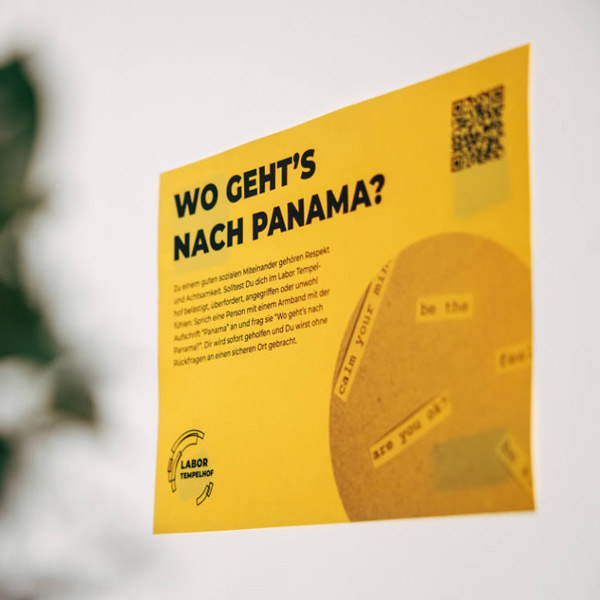

6. Further inspiration from the industry
PULS Open Air (capacity 12,000) at Schloss Kaltenberg has been focusing on inclusion since its inaugural festival in 2016: The event team receives advanced training courses and, together with experts from IBF, has created and implemented barrier-free and inclusion measures at the festival. They range from ticketing to the website and the detailed information on travel and arrival options and onsite facilities (parking, camping) to personal support onsite. Everything at the festival is designed to be as barrier-free as possible. PULS Open Air also pays attention to a balanced lineup, where recently over 50% of the acts had female participation. 39
The band Kochkraft durch KMA and the label Ladies&Ladys released a sampler album called “Cock Am Ring” (Cock on the Ring) as a creative answer to the male-dominated lineup of big German music festivals. On it, 24 acts (with a large FLINTA* share) cover the songs of the male bands that are or were in the lineup of “Rock Am Ring” (Rock on the Ring) festival. 40
